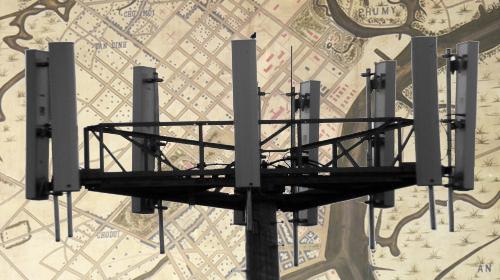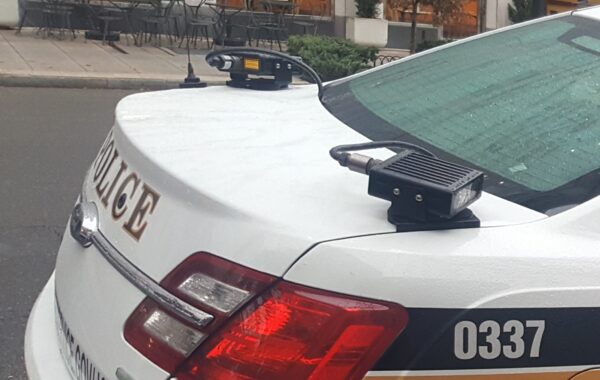
A federal magistrate judge in New York recently ruled that cell phone location data deserves no protection under the Fourth Amendment and that accordingly, the government can engage in real-time location surveillance without a search warrant. In an opinion straight from the Twilight Zone, magistrate judge Gary Brown ruled two weeks ago that “cell phone users who fail to turn off their cell phones do not exhibit an expectation of privacy.”
The case in question involved a physician who the DEA believed had issued thousands of prescriptions for pain killers in exchange for cash. In March of this year, the DEA had obtained a warrant for his arrest, and, not knowing where he was, sought an order from magistrate judge Brown forcing the phone company to provide real-time data identifying the location of the physician’s phone.
Although the DEA agents requested a search warrant and the judge found that there was probable cause to believe that the cell phone location data would assist in the location and apprehension of an individual for whom there was already a valid arrest warrant, the judge later published a further stating that he didn’t think the government needed to seek a search warrant in the first place.
Don’t Want the Government Tracking You? Turn Your Phone Off
In his puzzling opinion, the judge squarely criticizes people naive enough to expect privacy while also leaving their cell phones on when they’re not using them.
Given the ubiquity and celebrity of geolocation technologies, an individual has no legitimate expectation of privacy in the prospective location of a cellular telephone where that individual has failed to protect his privacy by taking the simple expedient of powering it off.
…
As to control by the user, all of the known tracking technologies may be defeated by merely turning off the phone. Indeed—excluding apathy or inattention—the only reason that users leave cell phones turned on is so that the device can be located to receive calls. Conversely, individuals who do not want to be disturbed by unwanted telephone calls at a particular time or place simply turn their phones off, knowing that they cannot be located.
The Catch-22 here is that the only people who the judge believes would have any reasonable expectation of privacy are those whose phones are turned off (and thus, not generating any location data that the government could access, even with a warrant). And it ignores the necessity of keeping your cell phone turned on for communicating with family or for work.
That consumers are dumb enough to willingly share their location using the “Girls Around Me” app (which the judge specifically calls out by name, although the wrong one), only further justifies covert, warrantless government surveillance:
Given the notoriety surrounding the disclosure of geolocation data to retailers purveying soap powder and blue jeans to mall shoppers, the police searching for David Pogue’s iPhone and, most alarmingly, the creators and users of the Girls Around You app, cell phone users cannot realistically entertain the notion that such information would (or should) be withheld from federal law enforcement agents searching for a fugitive.
This is, in a word, ridiculous. There is a big difference between location information you knowingly share with a select group of friends (or, in fact, the world) and information collected about you without your knowledge or consent. Someone might be happy to share their location with a few friends by “checking in” using Foursquare while at a music festival, but not want law enforcement to access that same information. And, they would still reasonably expect that their location a week later while at an Alcoholics Anonymous meeting or abortion clinic should remain private. Sharing location data isn’t and shouldn’t be all or nothing.
We are also baffled by the judge’s willingness to tie a reasonable expectation of privacy to the use of a cell phone power button. We’re not sure if the judge has watched the Onion’s video describing a fictional “Google Opt Out Village” for people who don’t want to be tracked by the advertising company, but the logic in his opinion is consistent with the absurdity of that spoof. If you don’t want Google to track you, stop using all modern technology and move to a remote village. If you don’t want the government to covertly track your phone, turn it off and leave it off. What could be simpler, right?


